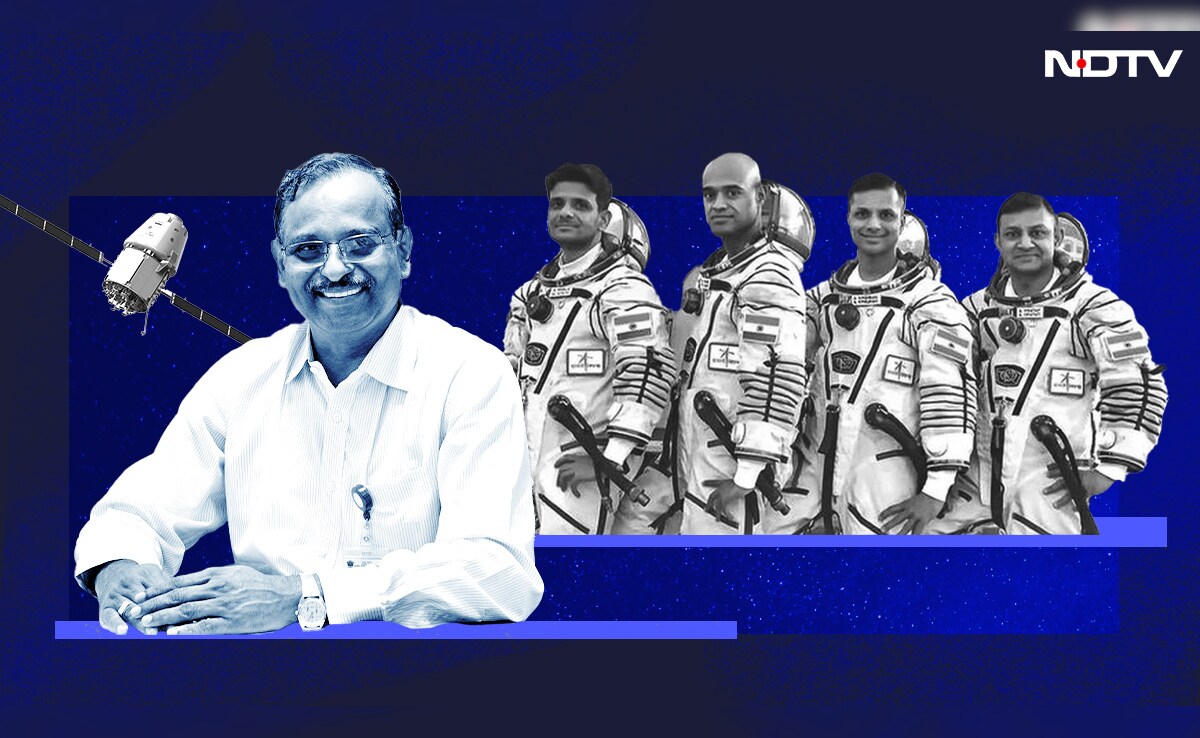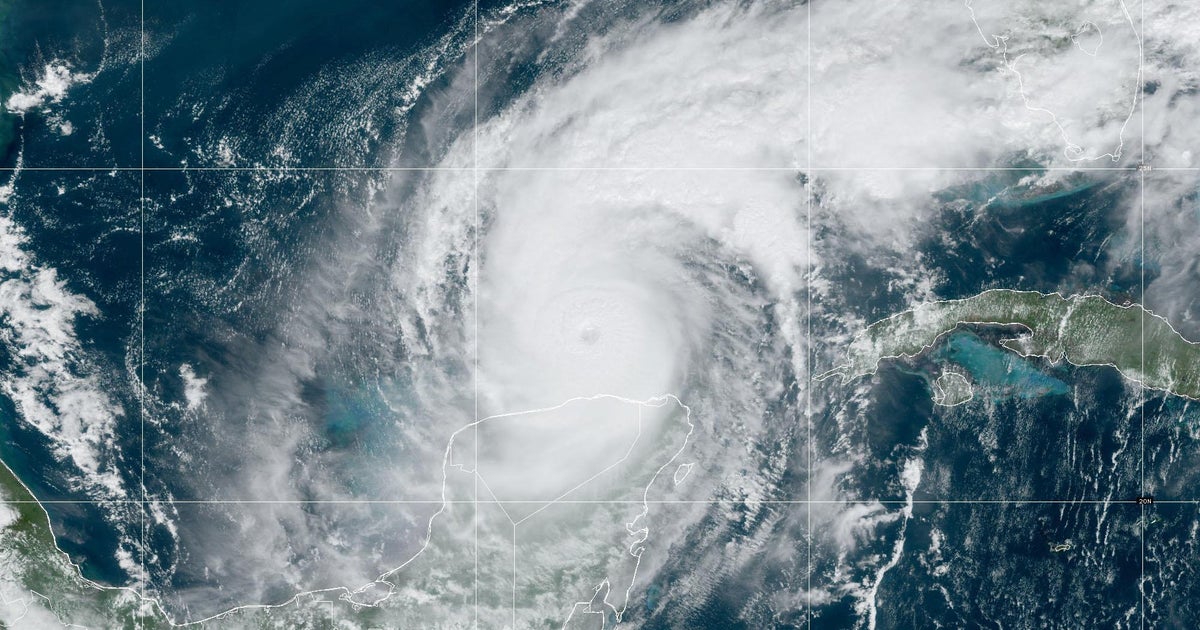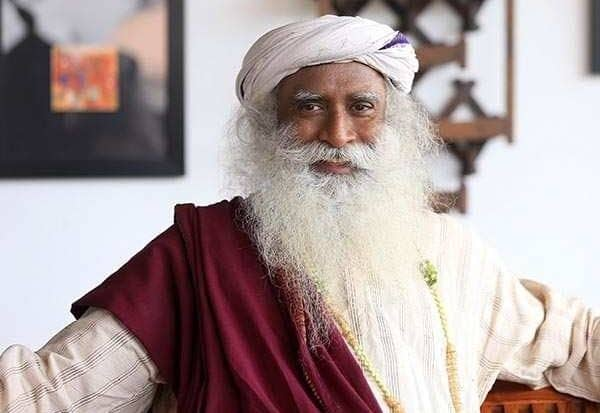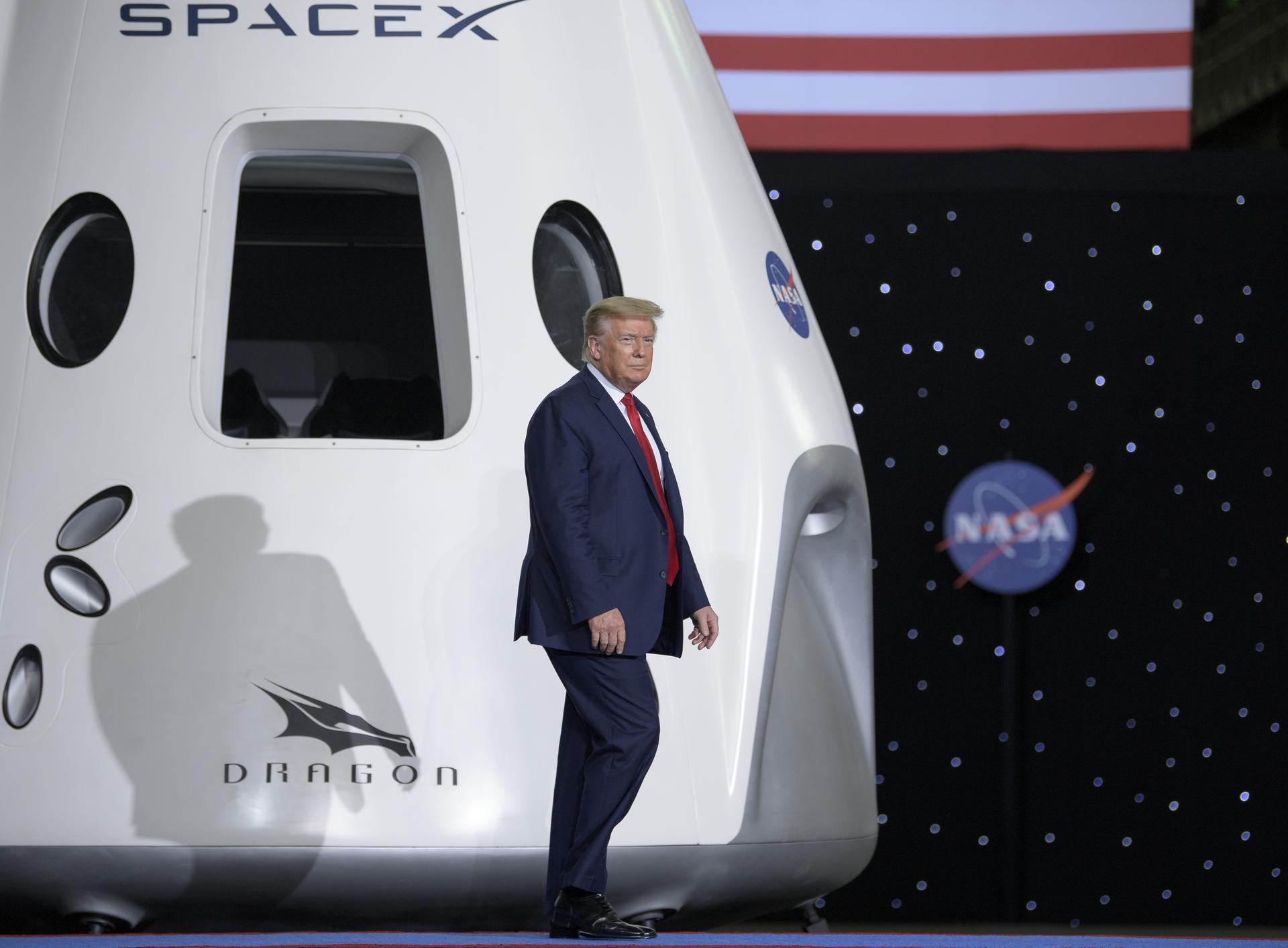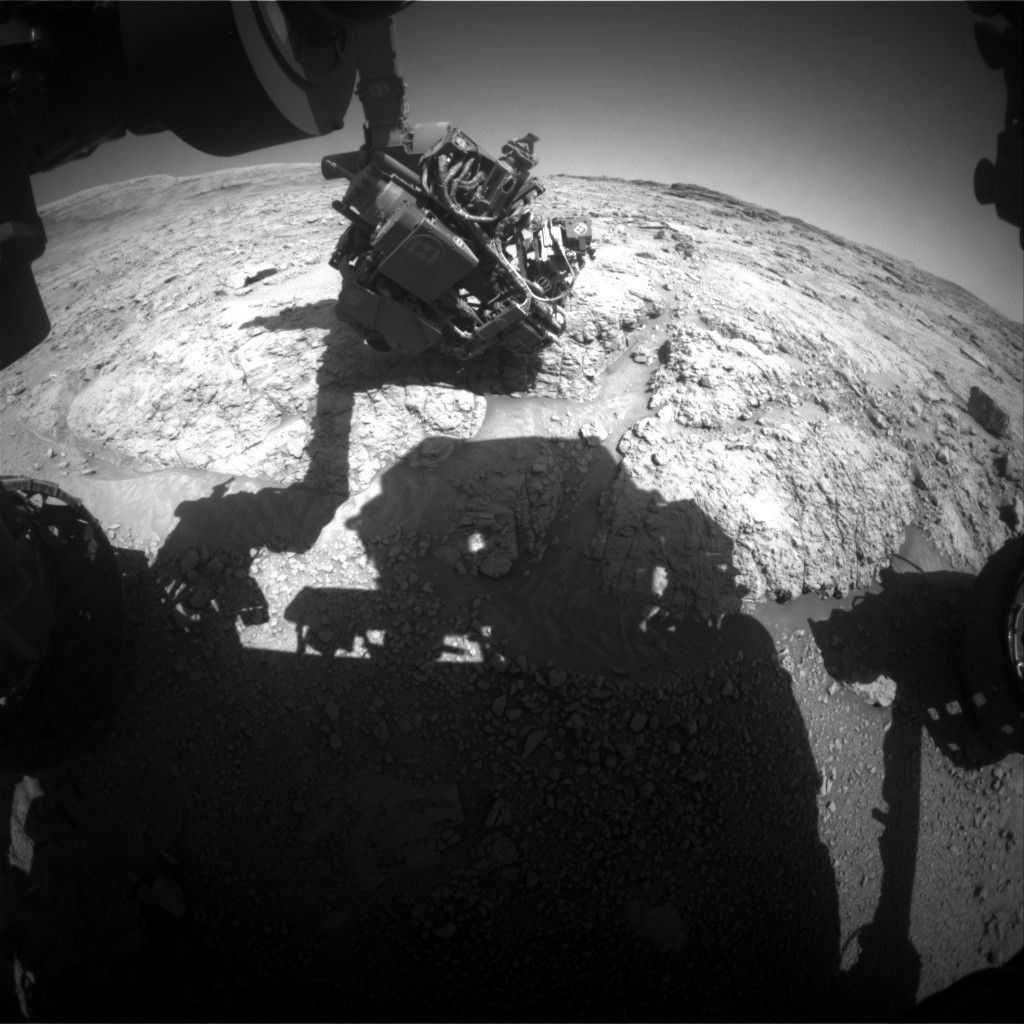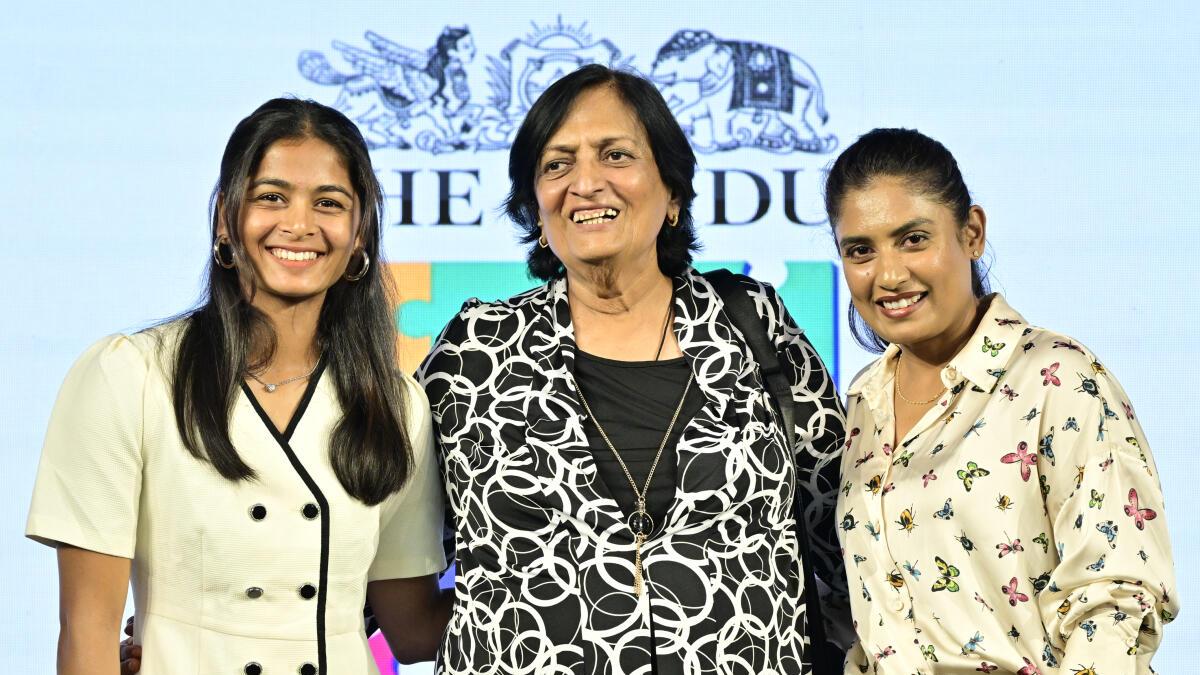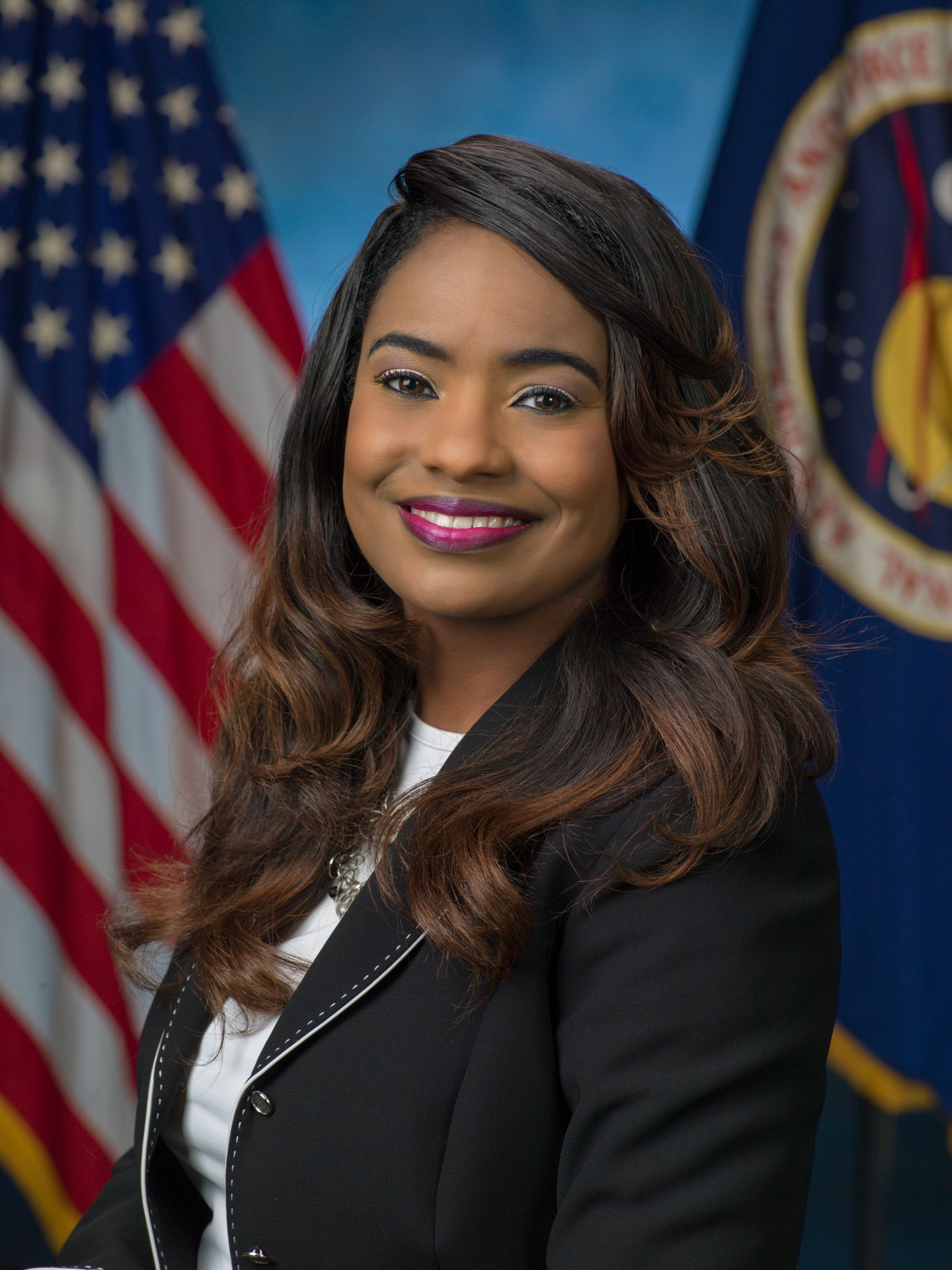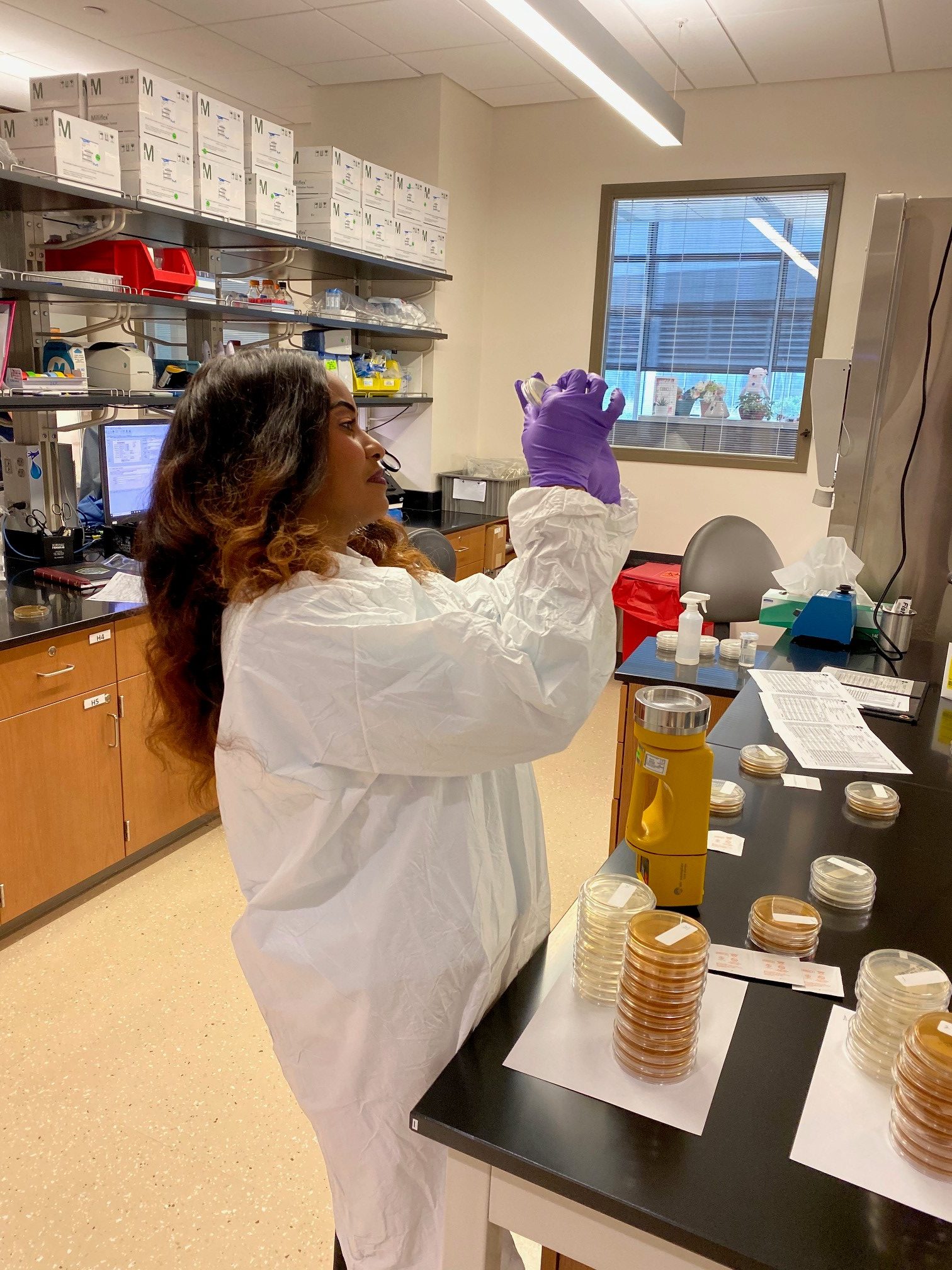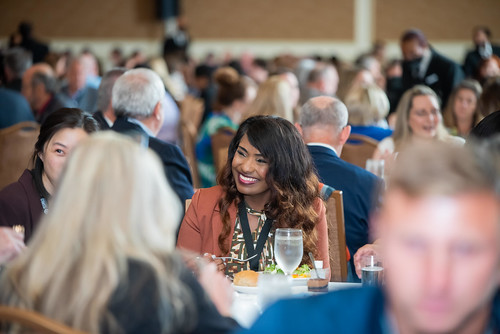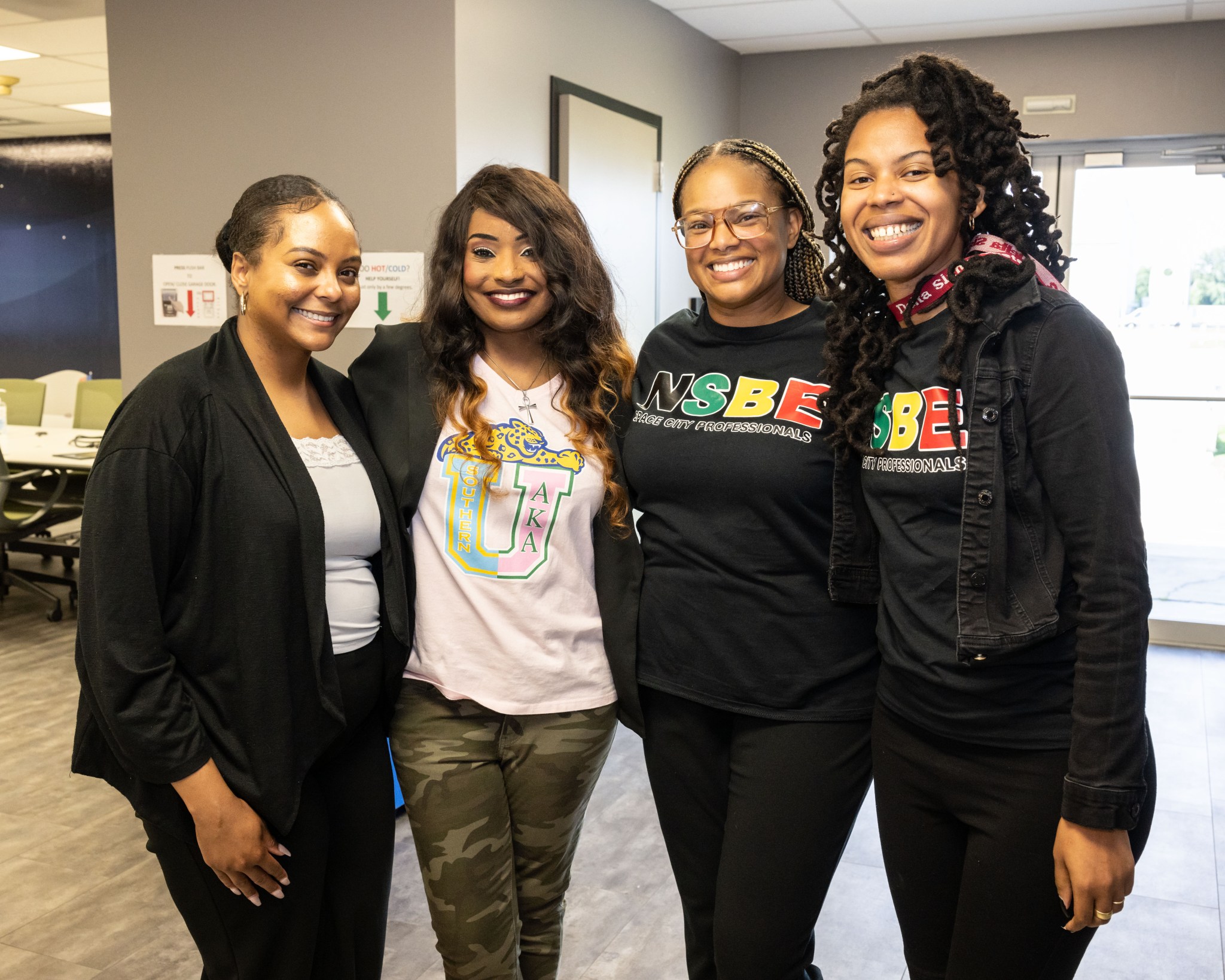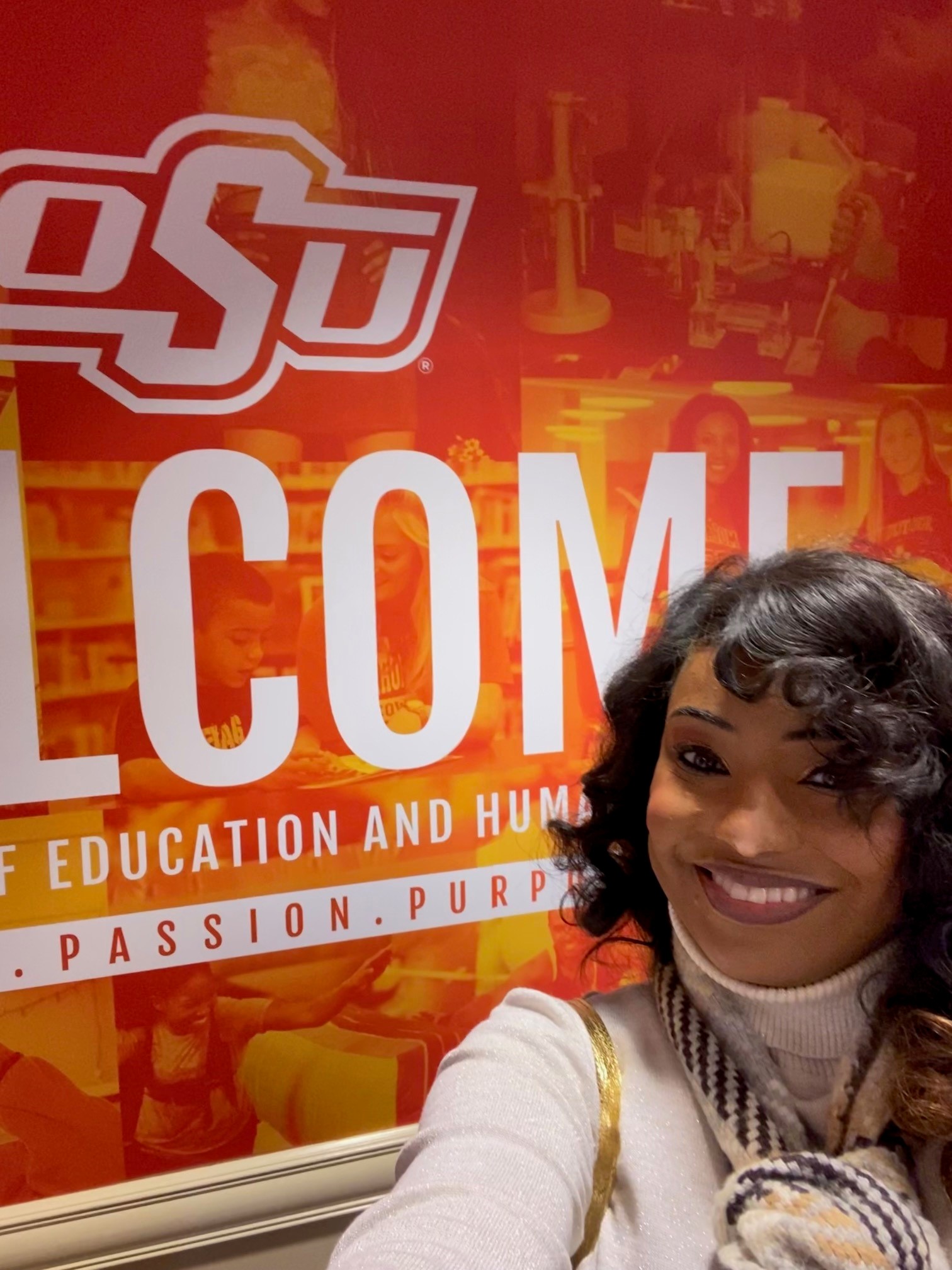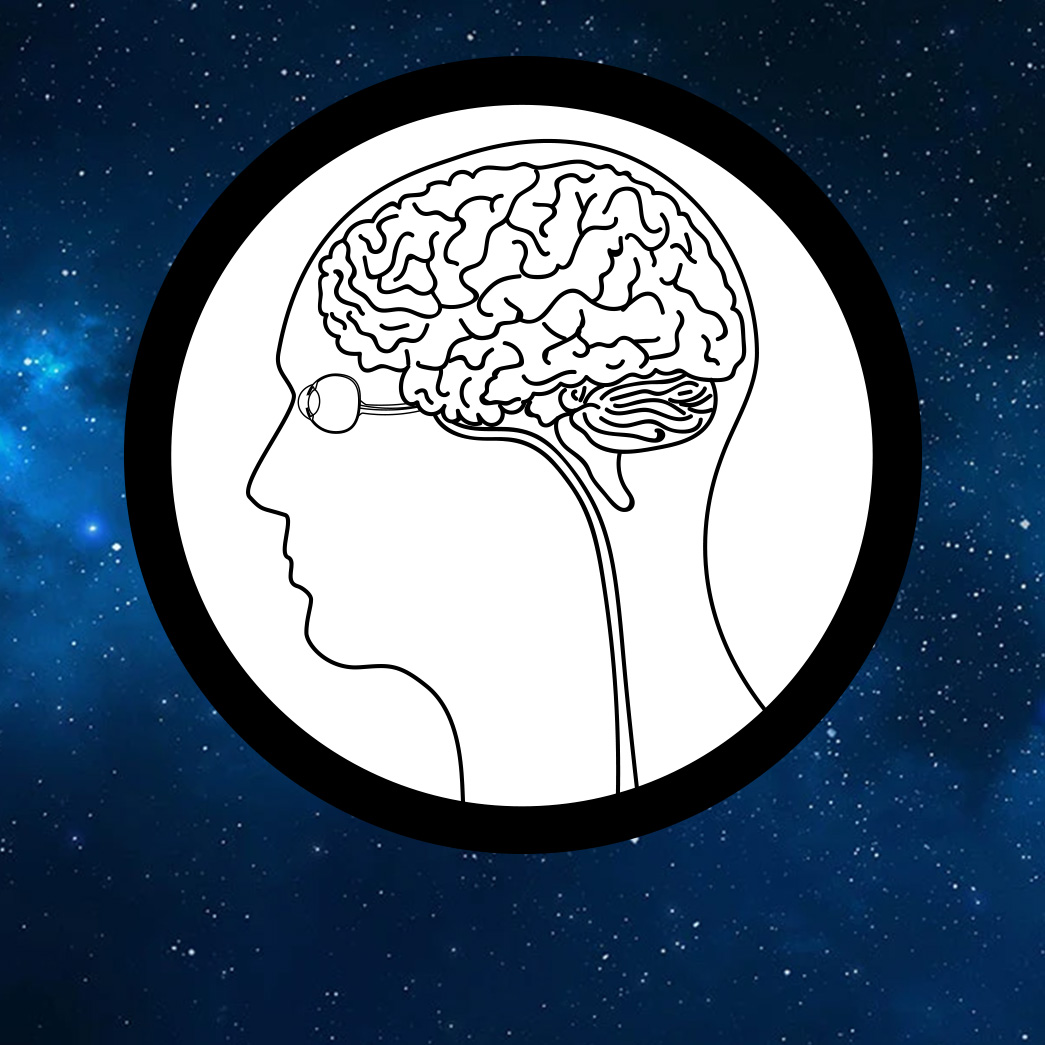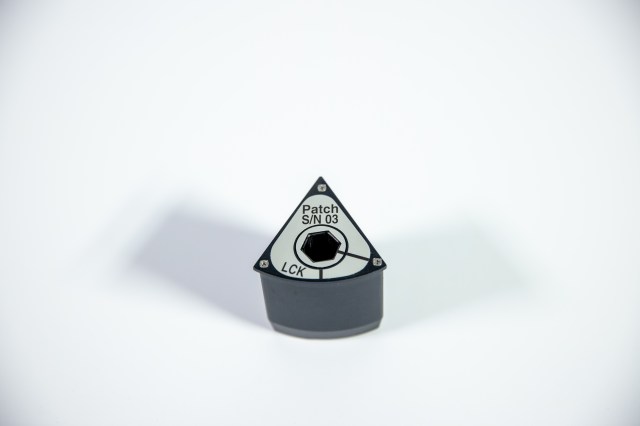Lakita Lowe: Leading Space Commercialization Innovations and Fostering STEM Engagement
Lakita Lowe is at the forefront of space commercialization, seamlessly merging scientific expertise with visionary leadership to propel NASA’s commercial ambitions and ignite a passion for STEM in future generations. As a project integrator for NASA’s Commercial Low Earth Orbit Development Program (CLDP), Lowe leverages her extensive background in scientific research and biomedical studies to […]

Lakita Lowe is at the forefront of space commercialization, seamlessly merging scientific expertise with visionary leadership to propel NASA’s commercial ambitions and ignite a passion for STEM in future generations. As a project integrator for NASA’s Commercial Low Earth Orbit Development Program (CLDP), Lowe leverages her extensive background in scientific research and biomedical studies to bridge the gap between science and commercial innovation.
Lowe recently supported both planning and real-time operations contributing to the successful completion of the Axiom-3 private astronaut mission which launched in January 2024 and is gearing up to serve as CLDP’s Axiom-4 private astronaut mission lead. Her responsibilities include managing commercial activity requests to ensure they align with NASA’s policies, supporting real-time mission operations from CLDP’s console station, and working with various stakeholders to ensure commercial policy documentation is updated to align with the agency’s current guidelines.
“The commercially owned and operated low Earth orbit destinations will offer services that NASA, along with other customers, can purchase, thereby stimulating the growth of commercial activities,” said Lowe.
Initially set to attend pharmacy school, a chance encounter at a career fair led her to NASA. Seventeen years later, Lowe now supports the enablement of NASA’s goal to transition human presence in low Earth orbit from a government-run destination to a sustainable economy.
Lowe’s work has spanned various NASA programs, including the Human Health and Performance Directorate in the Biomedical Research and Environmental Sciences (BRES) Division. Lowe’s role in BRES supported NASA research involving the understanding of human adaptation to spaceflight and planetary environments, the development of effective countermeasures, and the development and dissemination of scientific and technological knowledge.
“The efforts that go into preparing crew members for spaceflight and ensuring they maintain good health upon their return to Earth is amazing,” she said, highlighting their rigorous pre-flight and post-flight testing.
Lowe’s passion for science was ignited in high school by her biology teacher, whose teaching style captivated her curiosity. She received a bachelor’s degree in biology and a master’s in chemistry from Southern University and A&M College in Baton Rouge, Louisiana. With five publications completed during her tenure at NASA (two of which were NASA-related), Lowe has contributed to our understanding of the agency’s vision for human spaceflight and commercial research and development on the orbiting laboratory.
Lowe is in the process of completing her Ph.D. in Education (Learning, Design, and Technology) from Oklahoma State University in Stillwater, Oklahoma, with a dissertation involving the establishment of telesurgery training programs at medical institutions. She is exploring a field that holds significant promise for space exploration and remote medical care. This technology will enable surgical procedures to be performed remotely, a vital capability for astronauts on long-duration missions.
Lowe dedicated 14 years of her career to integrating science payloads for the International Space Station Program. Early in her career, she worked as a payloads flight controller as a lead increment scientist representative, a dual position between NASA’s Johnson Space Center in Houston and Marshall Space Flight Center in Huntsville, Alabama. After two years supporting real-time console operations, Lowe served as a research scientist with NASA’s Program Scientist’s Office, where she assessed individual science priorities for the agency’s sponsoring organizations’ portfolio to be implemented on the space station.
Later in her career, she worked as a research portfolio manager in the International Space Station Program’s Research Integration Office where she managed the feasibility and strategic planning for investigations involving remote sensing, technology development, STEM, and commercial utilization. She worked closely with researchers sending their experiments to the orbiting laboratory, tracking their progress from start to finish.
Now, in the commercial sector, her focus has shifted toward policy and compliance, ensuring commercial activities align with NASA’s regulations and guidance.
For Lowe, one of the most rewarding aspects of her job is the ability to inspire young minds. Her advice to young Black women interested in STEM is to not limit themselves and to explore the vast opportunities NASA offers beyond engineering and science roles. She emphasizes the importance of NASA engaging with Historically Black Colleges and Universities and minority-serving institutions to spread awareness about the opportunities within the agency.
“Considering my busy schedule, I try to make myself available for speaking engagements and mentoring early-career individuals when possible,” she said.
Lowe actively participates in organizations like the National Society of Black Engineers and serves as a mentor to interns at Johnson. She is also a member of Alpha Kappa Alpha Sorority Incorporated, the Honor Society of Phi Kappa Phi, and Johnson’s African American Employee Resource Group.
Lowe’s relentless pursuit of knowledge and her unwavering dedication to STEM education continue to inspire generations and pave the way for a more dynamic future in human spaceflight.
“As an African American woman at NASA, I am excited about the future of space exploration, where diversity and inclusion will drive innovative solutions and inspire the next generation to reach for the stars.”
What's Your Reaction?








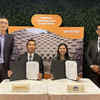

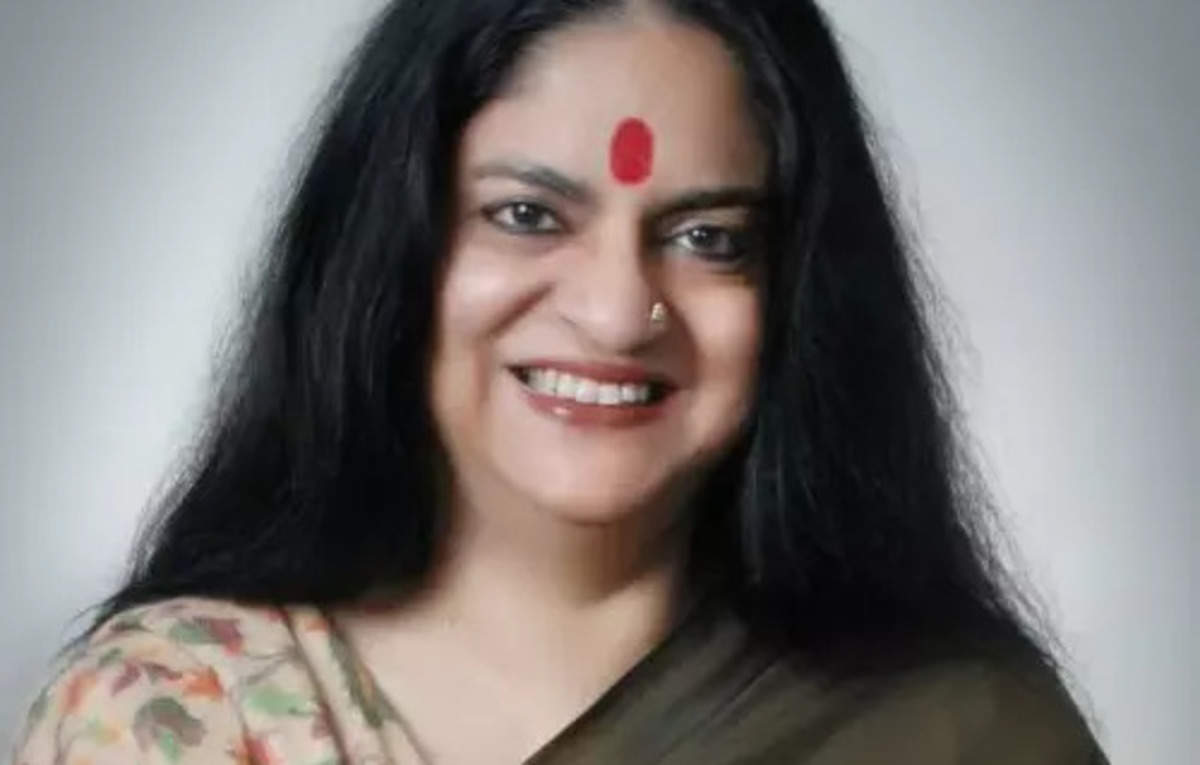

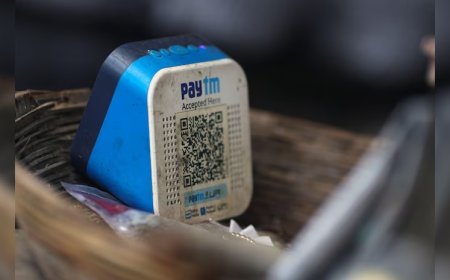
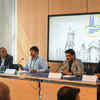





.jpg?#)

